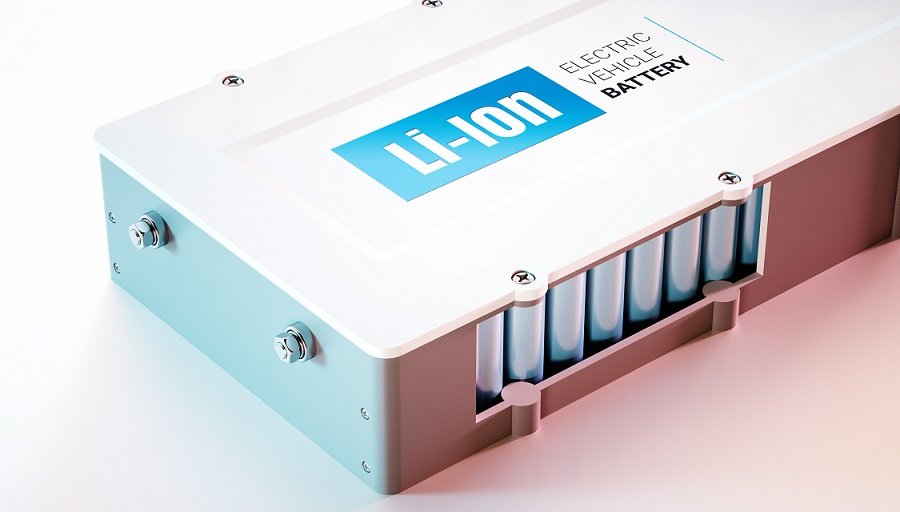On December 23, 2020, the “Regulation of the Ministry of Commerce No. 100 of 2020 on the provisions for the import of used lithium batteries as raw materials for the lithium battery industry” was enacted in Indonesia with the aim of supporting and promoting the development of the domestic electric vehicle industry. This regulation describes the details of the import requirements for used lithium batteries and will come into effect seven days after its enactment.
The original text of this regulation is downloadable at the following URL.
http://jdih.kemendag.go.id/peraturan/download/2073/2
Applicability to batteries
Used lithium batteries that can be imported under this regulation are defined as “used secondary lithium batteries that, in their original condition, are not originally usable due to malfunction or inability to be charged, and that are used in automobiles, motorcycles, or other battery-powered electric vehicles. The HS code will also be ex 8548.10.99.
Import requirements
Used lithium batteries may only be imported by a company that possesses a valid business basic number as a manufacturer-importer number (API-P). However, in order to import them, the company needs to obtain a “Used Lithium Battery Manufacturer and Importer Certificate.” This certification will serve as a document for import customs clearance.
To obtain a certificate, go to http://inatrade.kemendag.go.id and must apply. When you apply, the following documents should be uploaded.
- Valid business basic number as a manufacturer-importer number (API-P)
- Industrial business license or other business license of the same type as determined by the competent authority
- Environmental permit as determined by the competent authority
Importers must also submit an annual report on the implementation of the used lithium battery imports by January 15 through the website, http://inatrade.kemendag.go.id. This report will cover both actual and non-actual batteries import activities.
Furthermore, companies importing used lithium batteries will be prohibited from transferring or selling them to third parties. Importers are required to process the used lithium batteries on their responsibility and make value-added products to meet the tariff clarifications.
 New regulation on used lithium batteries imports in Indonesia
New regulation on used lithium batteries imports in Indonesia 

























